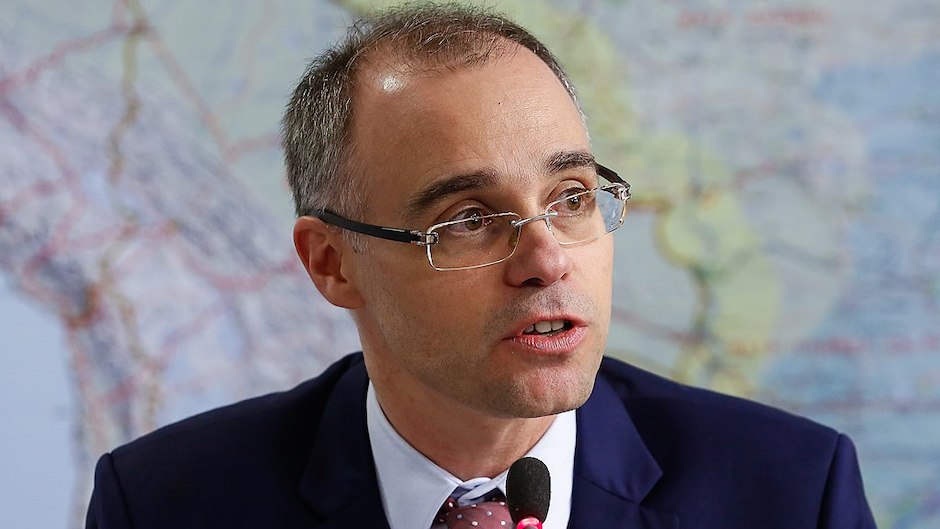“In life, the Bible; in the Supreme Court, the Constitution”
The Senate of Brazil voted to make the evangelical pastor and former Justice Minister André Mendonça the newest member of the Supreme Court.
Protestante Digital · BRASILIA · 03 DECEMBER 2021 · 15:11 CET

The Senate of Brazil passed the nomination to the Supreme Court of the jurist André Mendonça, the candidate proposed by President Jair Bolsonaro.
The High Chamber supported with 47 yes votes and 32 no votes the proposal of Mendonça, who had received the approval hours before of the Constitution and Justice Commission, where the candidate responded questions for eight hours.
Mendonça will replace in the Supreme Court the magistrate Marco Aurélio Mello, who retired in July, leaving the court with 10 of its 11 seats occupied.
Although Jair Bolsonaro had immediately put forward the candidacy of Mendonça, the president of the Constitution and Justice Commission had delayed until December a procedure that normally takes around one month.
Evangelical Christians are in general terms part of the support base of President Bolsonaro. The fact that Mendonça is a pastor generated a wave of criticism among the opposition parties.
Commited believer and democrat
Mendonça, a lawyer aged 48, is a former General Prosecutor and a former Justice Minister of Bolsonaro’s government. He is a pastor of the Presbyterian Church, but in his responses before the evaluating commission he drew a clear red line between religion and the public service.
“In life, the Bible; in the Supreme Court, the Constitution”, he stated in the Senate, where he committed to “defend a secular State”.
When President Bolsonaro presented Mendonça’s candidacy, Bolsonaro said the judge would open the sessions of the highest court with “a prayer and thanksgiving to God”, but Mendonça later discarded this when asked about in the Senate. “I told the President that there are no spaces for religious manifestations in the Supreme Court”, he said.
He also committed to the “separation between Church and State, with no privileges for specific credos”, and to “guarantee the full freedom of belief of all citizens, including those who have no faith”.
Mendonça underlined that “the Constitution is and should be the only foundation in the decisions of a magistrate”, although for him the Bible might be his highest reference in personal life.
He also clarified that, even with his “understanding of faith”, he will follow the legal precepts in the exercise of his functions, including issues that may collide with his personal beliefs.
Published in: Evangelical Focus - world - “In life, the Bible; in the Supreme Court, the Constitution”
